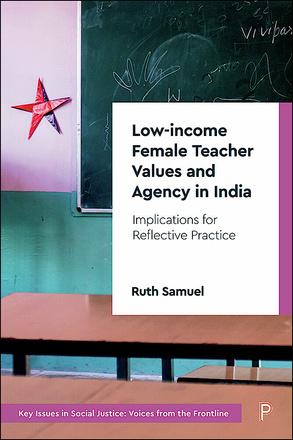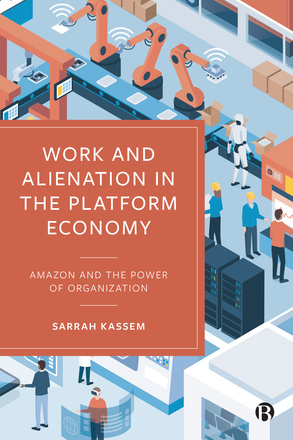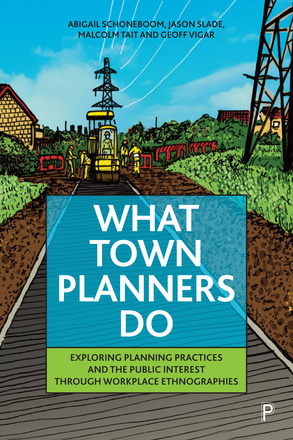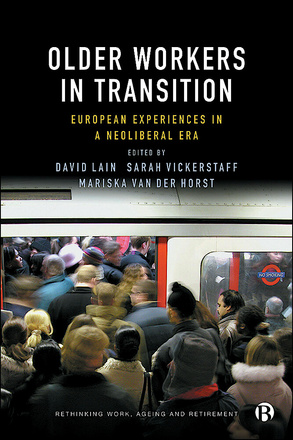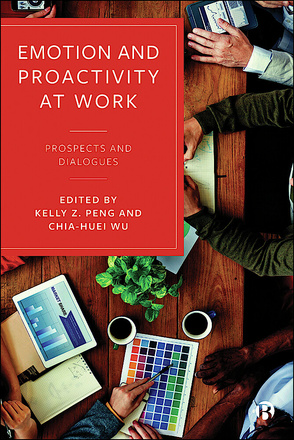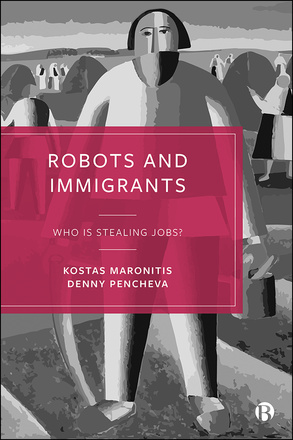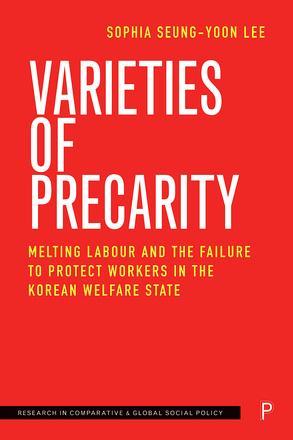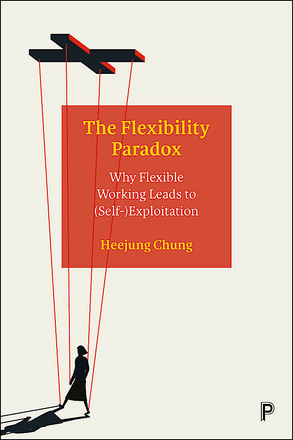Work and Employment
Low-income Female Teacher Values and Agency in India
Implications for Reflective Practice
This book shows how the speech and syntax of low-income female teachers in India’s education system establishes a special form of relational agency and empowerment.
Work and Alienation in the Platform Economy
Amazon and the Power of Organization
Drawing on interviews with Amazon workers and original empirical data, this book explores how different working conditions estrange and alienate workers, and how, despite these, workers find ways to organize and express their agency. This is an important analysis of work on the digital shop floor for the scholars of platform economy.
What Town Planners Do
Exploring Planning Practices and the Public Interest through Workplace Ethnographies
Presenting the complexities of doing planning work, with its moral and practical dilemmas, this rich ethnographic study analyses today’s planning scene through the stories of four diverse working environments.
Older Workers in Transition
European Experiences in a Neoliberal Era
This collection explores a variety of job transitions for older people, including voluntary job moves, coming out of unemployment, temporary labour and passages into retirement. Each chapter hears the voices of older workers and employers, and is positioned within the context of various European countries, with important lessons for future policy.
Marketing Science Fictions
An Ethnography of Marketing Analytics, Consumer Insight and Data Science
This book pulls back the curtain on contemporary data-driven marketing, revealing the intricate ways marketers create value from online data. It offers valuable lessons for academics and students of marketing, technology and data science.
COVID-19 Stories from the Swedish Welfare State
The Pandemicracy
Based on field material collected from 2020 to 2022 in Sweden, this book tells a composite story of the everyday work of public sector workers that maintained the welfare infrastructure during the COVID-19 pandemic.
Emotion and Proactivity at Work
Prospects and Dialogues
In this pioneering work, expert scholars offer new thinking on proactivity by examining how emotion can drive employees’ proactivity in the workplace and how, in turn, that proactivity can shape one’s emotional experiences.
Robots and Immigrants
Who Is Stealing Jobs?
This book scrutinises the narratives created around stealing jobs, opening new debates on the role of automation and migration policies. The authors reveal how the advances in AI and demands for constant flow of immigrant workers eradicate political and working rights, propagating fears over job theft and ownership.
Varieties of Precarity
Melting Labour and the Failure to Protect Workers in the Korean Welfare State
Based on in-depth interviews with over 80 precarious workers in Korea, this book introduces the concept of ‘melting labour’ and provides a real depiction of how workers lose control over their lives and experience precariousness in labour markets.
The Growing Challenge of Youth Unemployment in Europe and America
A Cross-Cultural Perspective
This book provides a culturally nuanced analysis of key issues relating to youth unemployment. Examining the causes and consequences of youth unemployment, it assesses ways forward to promote economic self-sufficiency.
The Flexibility Paradox
Why Flexible Working Leads to (Self-)Exploitation
Throughout the COVID-19 pandemic, flexible working has become the norm for many workers. This volume examines flexible working using data from 30 European countries and drawing on studies conducted in Australia, the US and India
Job Insecurity and Life Courses
Drawing from interviews and survey data across the EU and the UK, this in-depth study explores how worker instability is perceived and experienced, and how this “perception” in turn affects individuals’ economic and social situation. Using intersectional analysis, the authors identify groups who are more prone to labour market risks.







